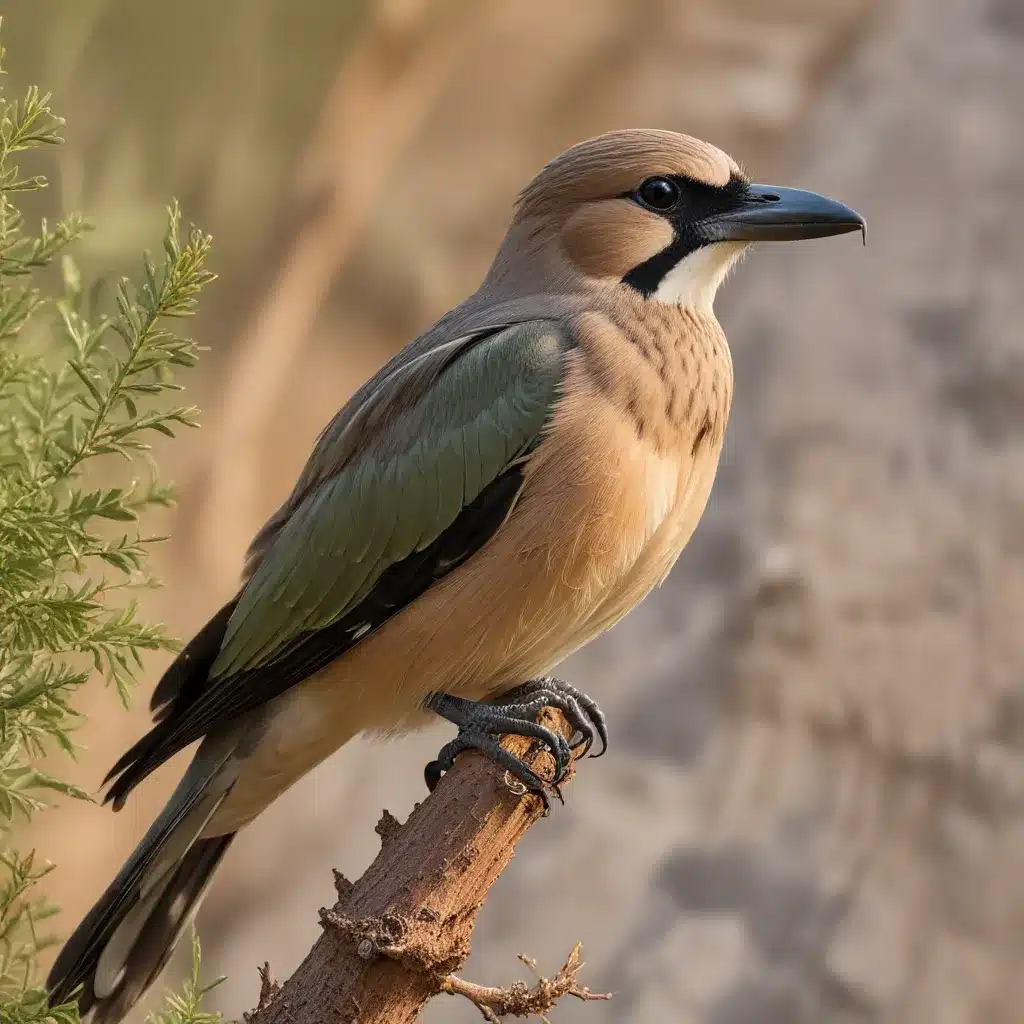
Avian Conservation Efforts
Birds are remarkable creatures, embodying the beauty, diversity, and fragility of our natural world. As avian caretakers and experts, we have a unique opportunity to connect people with these winged wonders, inspiring them to become active stewards of avian habitats and conservation efforts. By harnessing the innate human fascination with birds, we can leverage the power of travel and ecotourism to drive meaningful change.
Avian Ambassadors
Birds serve as powerful ambassadors for environmental protection, representing the intricate web of life that sustains our planet. Through responsible and engaging interactions with these feathered representatives, we can cultivate a deep appreciation for the vital role birds play in ecosystems worldwide.
Whether it’s introducing audiences to the majestic Harpy Eagle in Panama, the elusive Ornate Hawk-Eagle in Boise, or the resilient California Condor in the Grand Canyon, each encounter offers a window into the struggles and triumphs of avian conservation. By sharing the personal stories of these birds, their unique adaptations, and the threats they face, we can inspire a sense of wonder and a commitment to preserving their habitats.
Successful avian ambassador programs, such as the one at the World Center for Birds of Prey, prioritize early socialization and positive reinforcement training. This approach ensures the birds are comfortable in the presence of diverse audiences, able to convey their captivating personalities, and enthusiastic about their role as conservation educators. As these birds travel to schools, community events, and nature centers, they become living, breathing examples of the vital work being done to safeguard vulnerable species.
“Have you heard of Raptor High?” These six words changed my life forever, as I was introduced to the world of avian ambassadors and the profound impact they can have on individuals and communities.
Ecotourism and Birding
Avian-focused ecotourism and birding travel offer powerful platforms for promoting conservation. By creating immersive experiences that connect travelers with the avian inhabitants of a region, we can foster a deep sense of appreciation and a desire to protect these feathered friends.
Birdwatching has experienced a surge in popularity, with birders around the world seeking out unique species and habitats. These eco-conscious travelers often serve as citizen scientists, contributing valuable data to ongoing avian research and monitoring efforts. Curated birding tours and birding festivals provide opportunities for participants to engage directly with local conservation initiatives, learn from expert guides, and gain a firsthand understanding of the challenges facing bird populations.
Similarly, ecotourism experiences that highlight the role of birds within broader ecosystems can inspire visitors to become active advocates. From exploring the vital role of vultures in disease prevention to witnessing the cultural significance of the Harpy Eagle for indigenous communities, these immersive encounters encourage travelers to see birds not merely as objects of beauty, but as integral components of thriving, balanced environments.
By aligning these travel experiences with sustainable tourism practices, we can ensure that the economic benefits of avian-focused tourism directly support local conservation efforts and empower communities to safeguard their natural resources.
Avian Habitat Preservation
Protecting the diverse habitats that birds call home is a critical component of effective conservation strategies. From dense tropical forests to expansive grasslands, these ecosystems provide the necessary resources and conditions for birds to thrive. By advocating for the preservation of these habitats, we can safeguard the biodiversity that underpins the health of our planet.
Organizations like The Peregrine Fund have pioneered innovative approaches to habitat conservation, working closely with local communities to address their needs while also protecting vital bird populations. By funding and collaborating with indigenous groups, these initiatives have successfully shifted attitudes, promoted sustainable economic development, and secured long-term protection for endangered species like the Harpy Eagle and the California Condor.
Similarly, citizen science programs that engage the public in monitoring avian populations and their habitats can provide valuable data to guide conservation efforts. Programs like the American Kestrel Partnership and the Audubon Christmas Bird Count empower birders and nature enthusiasts to contribute directly to the understanding and protection of bird species and their ecosystems.
Environmental Education
Inspiring the next generation of avian advocates is a fundamental aspect of conservation work. Through immersive educational experiences, we can cultivate a deep appreciation for birds and their role in the natural world, empowering young people to become active stewards of the environment.
Initiatives like Raptor High at the World Center for Birds of Prey and the Audubon Avian Ambassadors program offer students and community members the opportunity to engage directly with birds of prey, learn about their unique adaptations and behaviors, and discover the challenges they face. By fostering a sense of connection and understanding, these programs help participants overcome fears, dispel misconceptions, and develop a lifelong commitment to avian conservation.
Furthermore, integrating avian-focused curriculum and hands-on learning experiences into formal educational settings can spark curiosity and inspire environmental advocacy. From studying the vital role of vultures in ecosystem health to exploring the cultural significance of birds in indigenous communities, these educational initiatives cultivate a holistic understanding of the intricate relationships between birds, people, and the planet.
“By recognizing the importance of creating a space of belonging for people of all backgrounds, I was able to connect with more visitors and listen to their stories.”
As avian caretakers and experts, we have a responsibility to share our passion and knowledge with the world, using the power of travel, ecotourism, and environmental education to drive meaningful change. By empowering individuals and communities to become active champions for avian conservation, we can ensure that the skies remain filled with the vibrant, diverse, and awe-inspiring presence of birds for generations to come.
Visit Mika Birds Farm to learn more about our avian conservation efforts and how you can get involved in supporting these vital initiatives.


